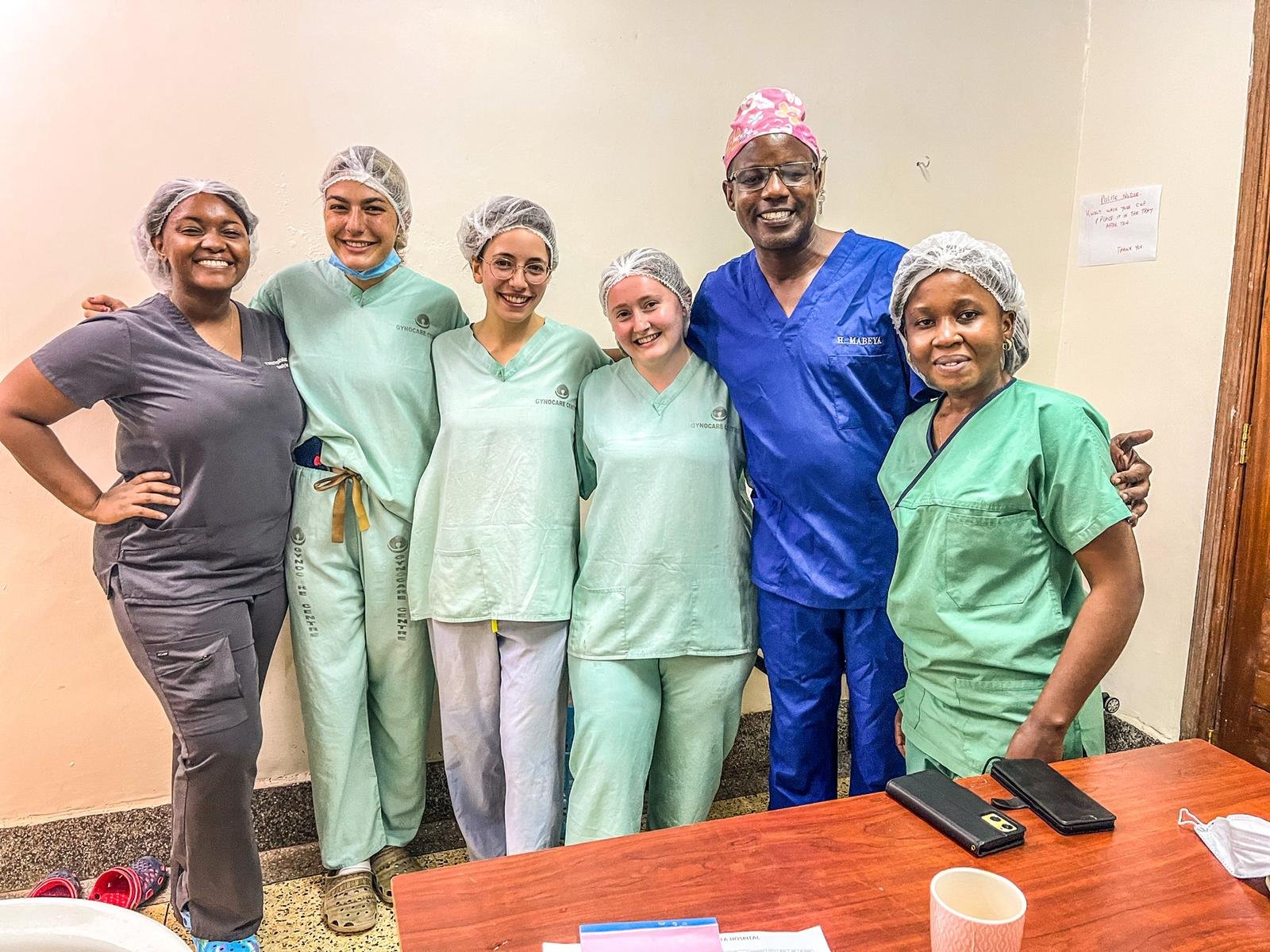
Medical Education, Knowledge Sharing & Skills Development
While medical knowledge and practice within a given specialty are largely universal, the skills cultivated in order to meet community needs vary based on geographic practice settings. For example, a family physician practicing outpatient medicine in the suburbs will naturally sharpen certain skills that longitudinally differ from those cultivated by a family physician practicing in the rural Midwest. In the same breath, family physicians practicing in the rural Midwest might have some commonalities with family physicians practicing in rural Kenya, simply because limited access in underserved areas, creates a need for a full-spectrum family physician with a wide scope of practice capabilities and competence.
Residents at St. Vincent’s Family Medicine Residency Program interested in global health will have the opportunity to spend up to a total of 8-10 weeks In Kenya in thoughtfully curated global health experiences with particular emphasis on beneficence, nonmaleficence, and justice as guiding principles for designing global health trips in a thoughtful and ethical manner. Our goal is to create an equitable, bidirectional twinning partnership foundationally grounded in an equity-centered operational framework and attention to best practices as outlined by the Working Group on Ethics Guidelines for Global Health Training (WEIGHT).
The first year of implementation will be guided by the World Health Organization’s Twinning Partnerships for Improvement (TPI) model that guides both partners through a 6 step cycle - from partnership development, needs assessment, gap analysis, action planning, action, evaluation, and review.


